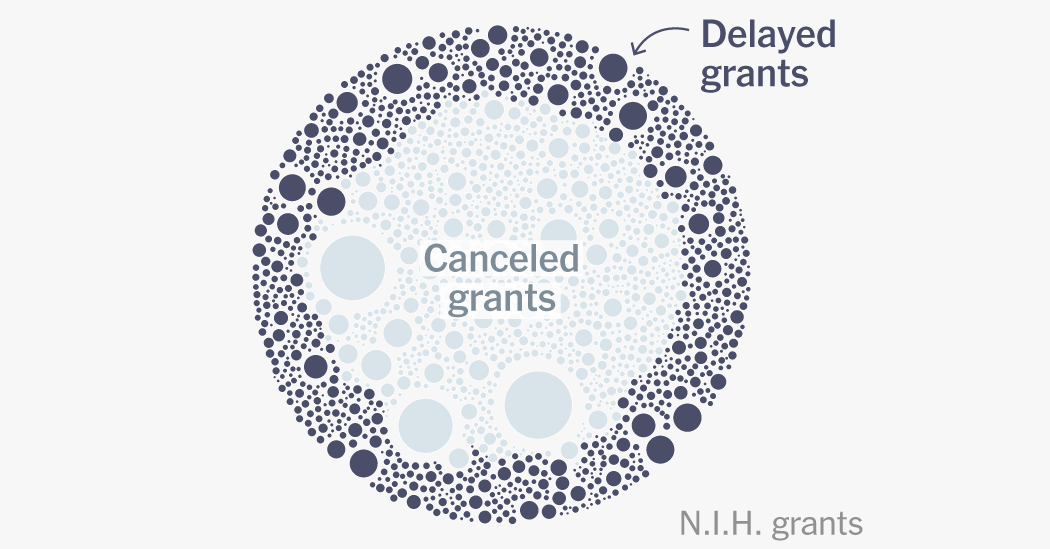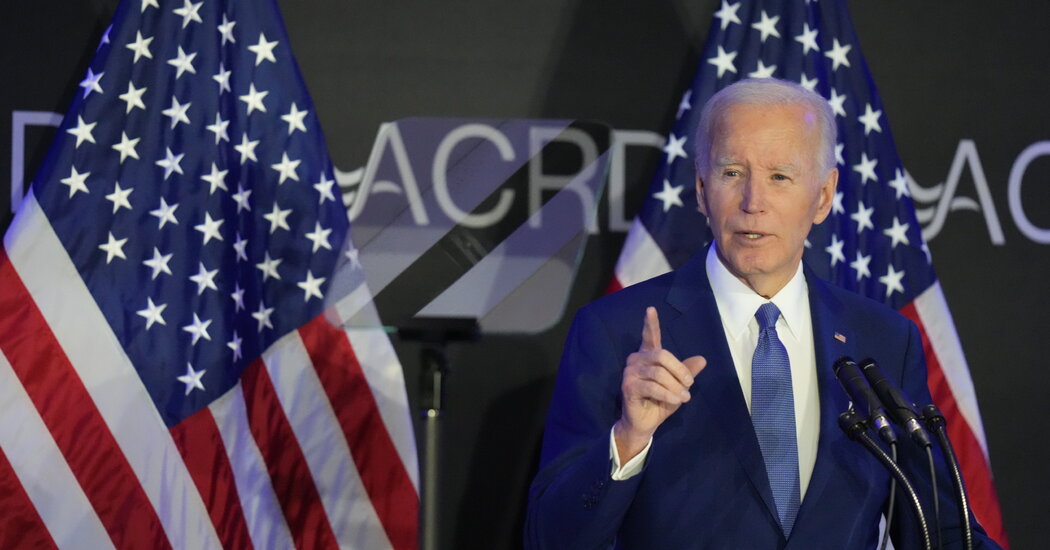Companies can set such high prices because of a quirk in Medicare pricing rules, industry experts said. For the first six months of a new bandage product’s life, Medicare will set the reimbursement rate at whatever price a company chooses. After that, the agency adjusts the reimbursement to reflect the actual price paid by doctors after any discounts.
To circumvent the reimbursement drop, some companies simply roll out new products.
In April 2023, Medicare began reimbursing $6,497 for every square inch of a bandage called Zenith, sold by Legacy Medical Consultants, a company in Fort Worth, Texas. Six months later, Zenith’s reimbursement fell to $2,746.
That month, October 2023, Medicare began reimbursing $6,490 for a new Legacy product, called Impax.
Marketing materials for the two products use identical photographs and language, aside from the brand names. The company describes both products as providing “optimal wound covering and protection during the treatment of wounds.”
Since 2022, spending on Zenith and Impax has exceeded $2.6 billion, according to Early Read’s analysis.
Legacy Medical Consultants did not answer questions about the marketing and pricing of those products. “Legacy is following the law, not taking advantage of the system,” Dan Childs, a company spokesman, said in a statement.
Doctor Discounts
A cottage industry of doctors and nurses make house calls to treat wounds. Some skin substitute companies pitch themselves to wound care doctors by offering a cut of the rising bandage prices.
Dr. Caroline Fife, a wound care doctor from Texas who often writes about industry excesses, shared on her blog last year an email she received from an undisclosed skin substitute company. The company boasted that other doctors had developed “a healthy revenue stream” from its bandages and that a patch smaller than a credit card “would generate a little over $20,000 for your practice.”
Some companies offer doctors a “bulk discount” of up to 45 percent, according to doctor interviews and contracts reviewed by The Times. But doctors then collect a Medicare reimbursement for the full price of the product.
Anti-kickback laws prohibit doctors from receiving financial rewards from drug companies or medical suppliers. And although Medicare does allow bulk discounts, experts said that the bandage rebates could have violated federal law because they didn’t actually require high-volume purchases. In some Legacy contracts reviewed by The Times, doctors had to buy only three products to qualify for a 40 or 45 percent discount.
“That is not a volume discount,” said Reuben Guttman, a lawyer in Washington, D.C., who has represented many Medicare whistle-blowers. Mr. Guttman said that such labeling could be used to conceal a kickback.
In 2024, at least nine medical practices billed Medicare more than $50 million for skin substitutes, according to an analysis done for The Times by the National Association of Accountable Care Organizations, which represents medical groups that are incentivized to curb Medicare spending.




